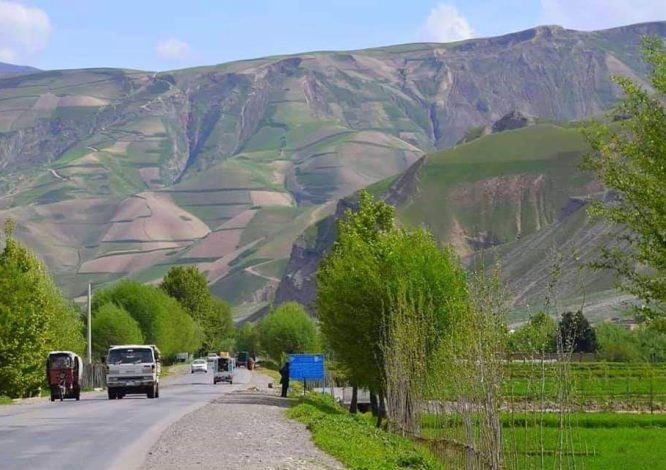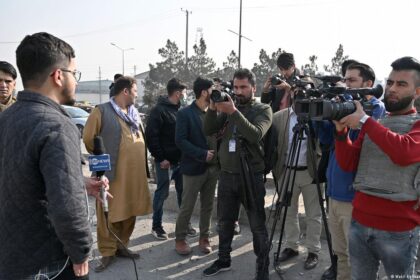RASC News Agency: Widespread corruption continues to plague Taliban-controlled institutions, exposing the profound moral and administrative decay within a regime that once claimed to usher in “Islamic justice.” The latest revelations from Badakhshan province highlight how deeply institutionalized bribery and abuse of power have become under Taliban rule, further eroding public trust and laying bare the group’s hollow promises of good governance. A damning video circulated on social media on Saturday, May 17, shows Taliban officials at the Madaba weigh station located along the strategic Takhar–Badakhshan highway openly extorting truck drivers transporting overloaded goods. Despite the station’s supposed purpose of enforcing road safety and regulating cargo weight, Taliban agents are seen collecting large bribes without conducting any technical inspections or formal weigh-ins. The footage underscores the regime’s failure to uphold even the most basic standards of public service, revealing a system where corruption is not an exception but the norm.
According to credible sources within the province, Mawlawi Abdul Ghafour, the Taliban-appointed director of Public Works in Badakhshan, is directly complicit in this bribery scheme. Working in coordination with subordinate officials, Ghafour reportedly orchestrates the systematic collection of illegal payments from transporters in exchange for bypassing regulations. The public nature of these transactions, carried out in broad daylight, has intensified public outrage and deepened fears that corruption under Taliban rule has metastasized into a state-sponsored enterprise. This incident adds to a long and growing list of corruption scandals implicating senior Taliban officials. Over the past three years, numerous cases have emerged detailing the arrest and swift, opaque release of Taliban administrators accused of embezzlement and abuse of power. These revolving-door cases illustrate a regime structurally incapable of accountability, where corruption charges are managed not through justice but through internal patronage networks and impunity.
Despite its rhetoric of moral rectitude and governance grounded in Islamic values, the Taliban’s administrative record tells a different story one marked by incompetence, exploitation, and decay. The absence of institutional checks, the use of public offices for personal gain, and the regime’s inability or unwillingness to confront internal corruption have severely damaged its credibility among Afghanistan’s war-weary population. As the Taliban’s grip tightens, so too does the suffocating weight of a corrupt and repressive system that offers neither justice nor prosperity. What was once touted as a “pure” alternative to the previous government has degenerated into an authoritarian machinery serving a select few while draining the lifeblood from Afghanistan’s already crippled infrastructure. The people of Badakhshan and Afghanistan at large are left to bear the burden of a regime more concerned with extortion than administration, more adept at silencing critics than serving citizens.






